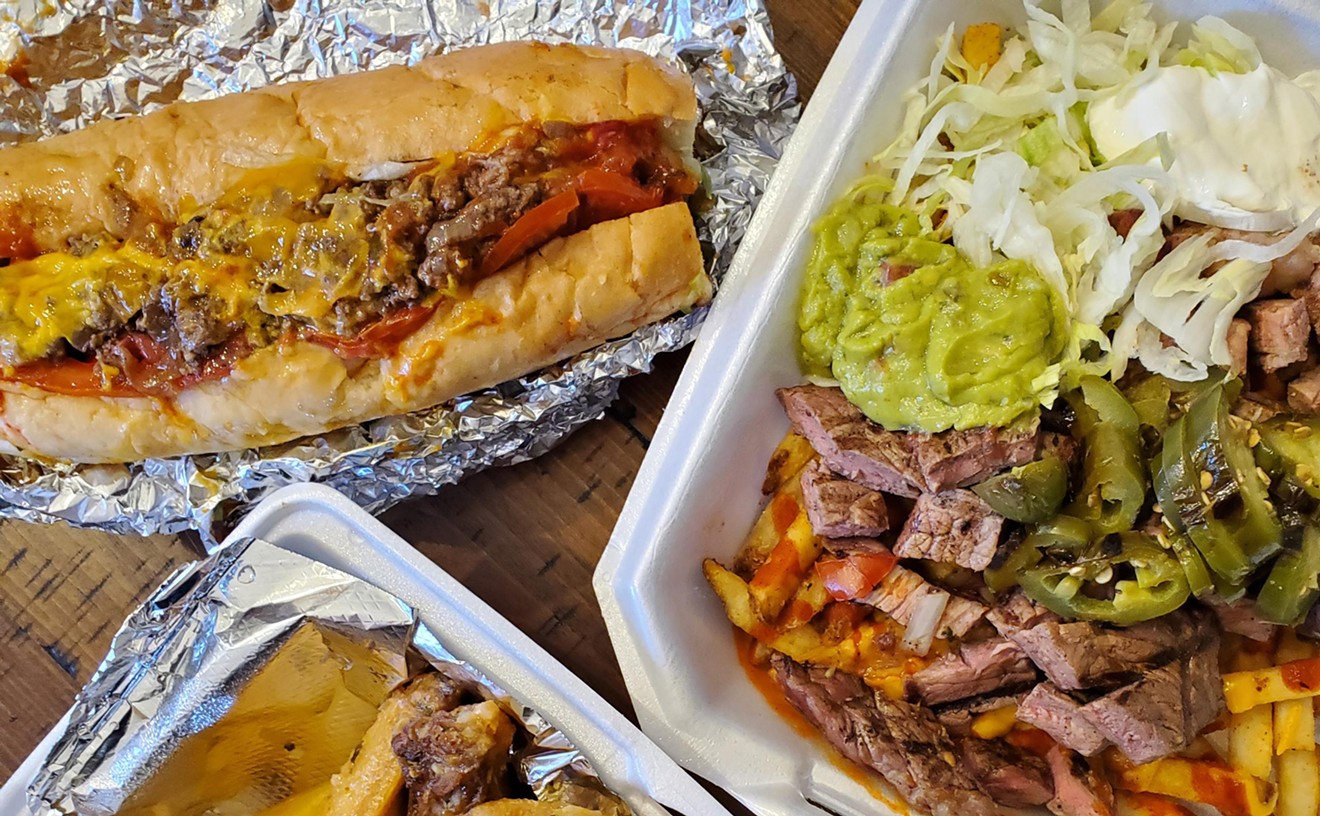That's where Lars Eriksen leaves his Guardian discourse on the ethics of eating a live animal. The piece was inspired by a meal the author had at Chef Redzepi's Copenhagen restaurant, Noma, San Pellegrino's pick for the best eatery in the world in 2010. During that lunch, Eriksen decapitated a live shrimp between his teeth.
He poses this question: if we're meat-eaters, should we ethically draw the line at eating something that's still alive?
The question was certainly on my mind as, awestruck, I watched the pair of baby octopi squirming in the hotpot I caught on video just over a month ago. Eriksen calls out that tradition specifically, noting that it's common in Korea. And he quotes Anthony Bourdain, who partook in the same hotpot at Sik Gaek, the same restaurant where I ate: "There is no cruelty issue here. [The octopus] is dead, it's just too dumb to know it's dead."
I'm not totally sure I agree with that; octopi are known to be incredibly intelligent animals. I ate the thing, though, because I'll eat baby octopus in other dishes, and whether it dies by my hand or dies by someone else's is irrelevant: That same animal is still giving its life to become my dinner. Watching that process, if anything, increased my respect for the sacrifice made. I couldn't watch those octopi perish and then NOT eat them, because that would be letting the animals die in vain.
Eriksen dissects several compelling examples of live-animal dishes, wrestling with his convictions before coming down on the side of taste: "The question of sentience is the last thing on my mind as I bite through the wriggling creatures. I'm too busy admiring this dish for its extraordinary fresh taste and the multitude of textures in my mouth. "
Where do I draw the line? It's murky and incredibly subjective, but it ultimately comes down to this: Meat doesn't come in a shiny package at the grocery store; it comes from a living, breathing organism. So if I'm going to eat meat at all, I've got to be comfortable with where it's been, in life and in death.
As for eating a live animal: If it's a quick, relatively painless death, is it really so different from any other method of slaughter?










